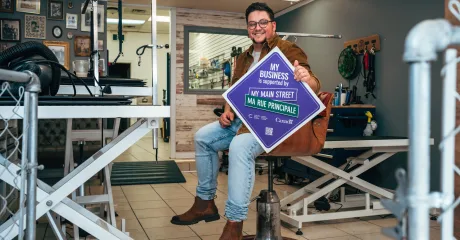Tracking the Impact of Tariffs on Canada’s Main Streets
Tariffs Are Here. How Do We Move Forward?
While large-scale changes unfold on the world stage, it’s our main streets, businesses, and neighborhoods that feel the immediate consequences. These shifts affect jobs, housing, business health, and so much more.
As trade tensions between Canada and the U.S. rise, the fallout threatens local economies. However, in every crisis lies an opportunity. The Canadian Urban Institute (CUI) believes this moment is a wake-up call for reimagining local economies to make them more resilient to global forces.
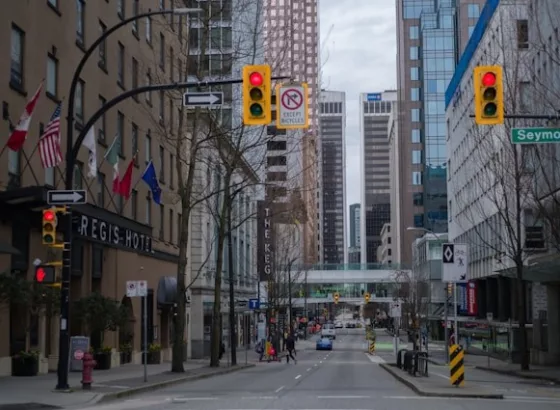
The Main Street Solution
To future-proof Canada's economy, we must diversify trade, strengthen local supply chains, and break down barriers like interprovincial trade restrictions. The goal is an adaptable economic system that prioritizes local stability while staying globally competitive.
At CUI, we have been focused on strengthening local economies for over a decade, and we're helping lead the way in making a true impact.
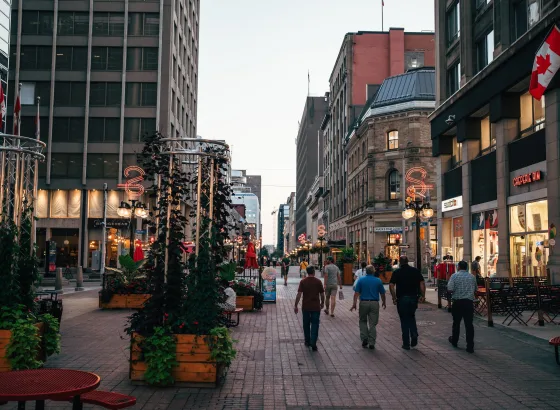
A Call to Action
Now is the time to bring back main street—not just as a response to tariffs but as a long-term strategy for economic sustainability. Your choices matter. Shift your spend. Strengthen your community. Secure Canada’s future. Together, we can protect and empower local economies to thrive amidst global challenges.
What We’re Tracking: Jobs & Businesses
- Number of People Employed: Tracks job levels on main streets, potentially indicating whether businesses are growing, stable, or facing layoffs due to tariff impacts.
- Number of Employment Insurance Recipients: Measures shifts in economic stability by showing how tariffs may be leading to job losses and increased reliance on EI.
- Number of Active Businesses: Monitors business openings and closures to assess whether tariffs are potentially causing strain on small businesses or leading to economic resilience.
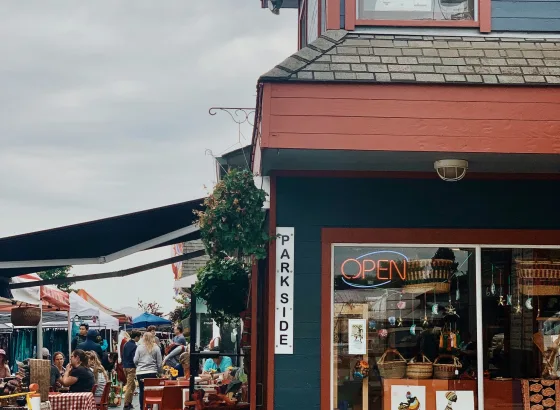
What We’re Tracking: Prices & Consumer Spending
- Consumer Price Index: Captures changes in the cost of goods and services, highlighting how tariffs may be affecting prices for both businesses and consumers.
- Retail Sales: Reflects consumer spending patterns, providing insight into whether tariff-driven cost increases could be reducing demand on main streets.
- Real Time Local Business Condition Index: Offers a snapshot of business confidence and economic conditions, helping track how local economies are responding to trade disruptions.
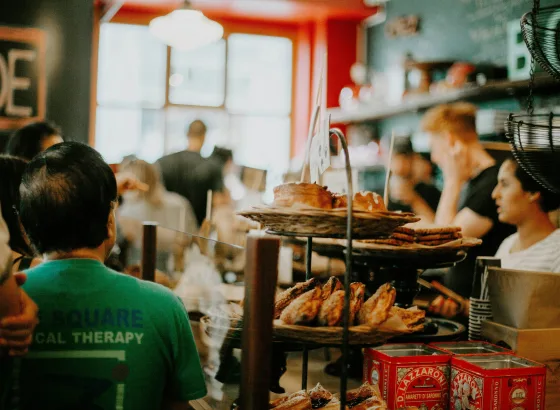
What We’re Tracking: Investment
- Number of Building Permits: Indicates business and community investment trends, revealing whether tariff uncertainty could be slowing down new developments.
- Total Investment in Building Construction: Measures financial commitments to commercial spaces, showing whether businesses and investors remain confident in main street growth.
- Commercial Rent Price Index: Tracks changes in retail and commercial rent prices, shedding light on how market conditions are shifting for main street businesses.

Explore the Tariff Tracker Dashboard
Immediate Actions We Can Take


